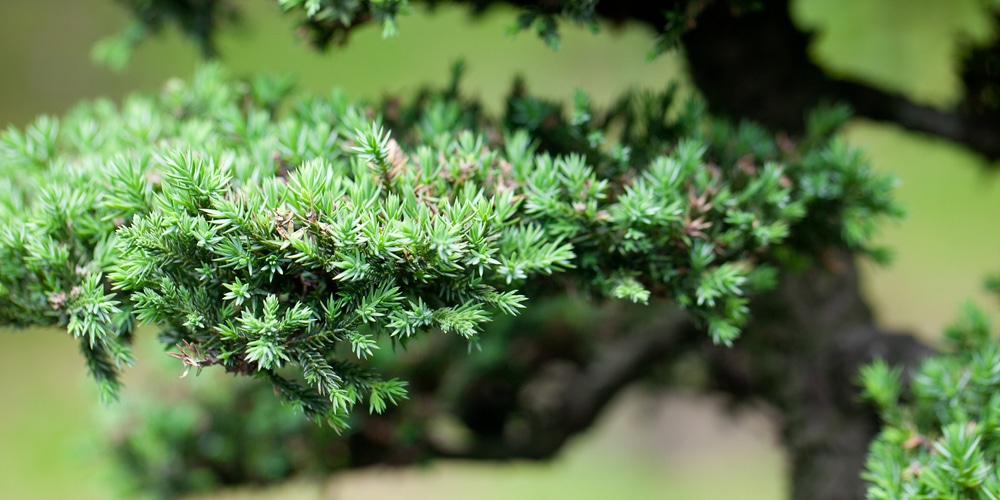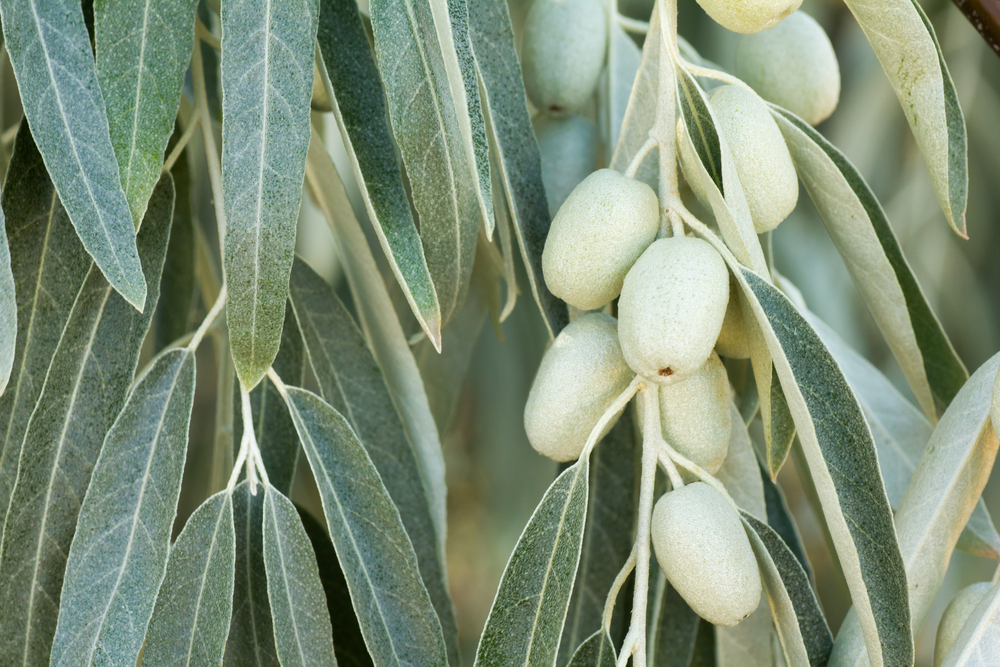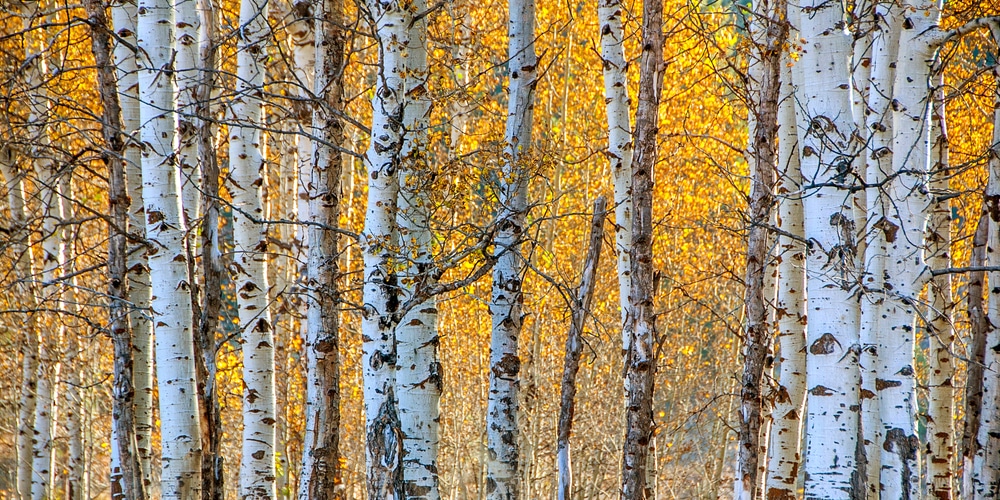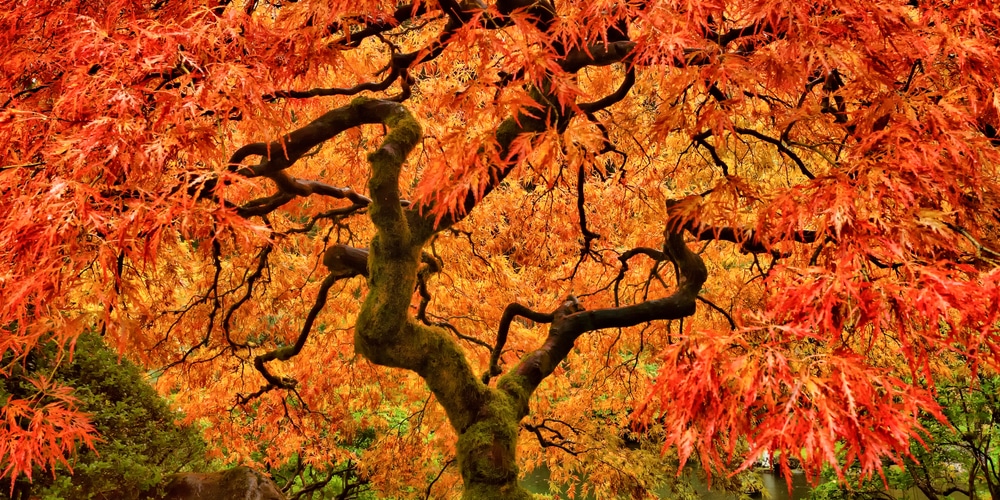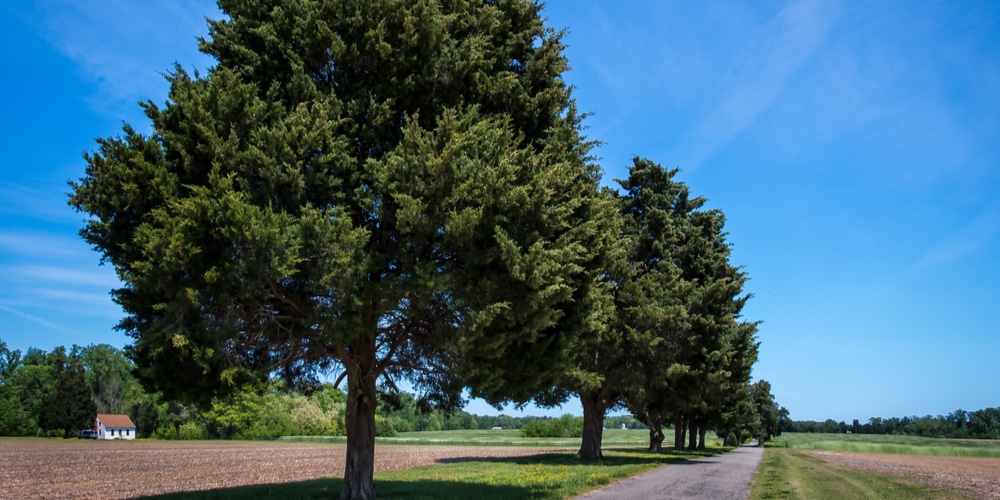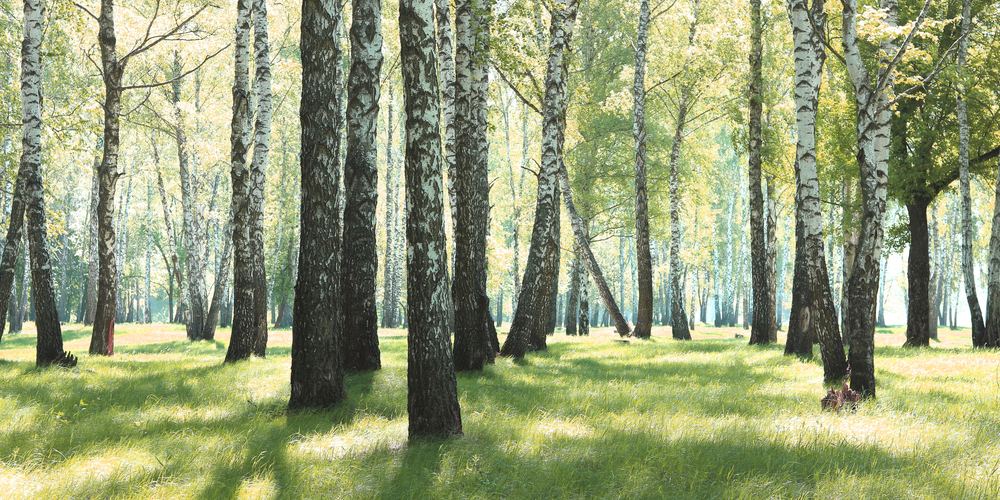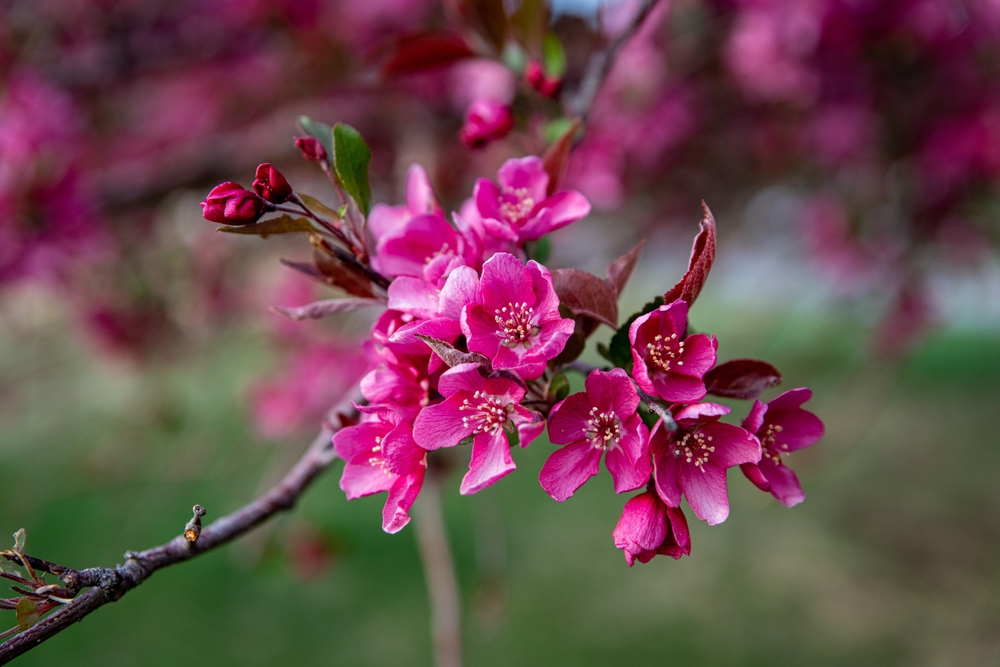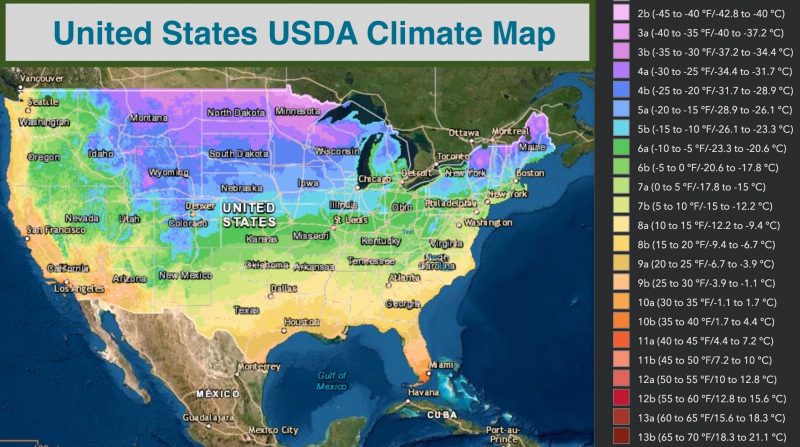Utah is a great place to live, with plenty of sunshine and gorgeous scenery. There are several places to call home, from the mountains to the canyons. However, living in Utah means living in a hot, dry climate. If you’re looking for ways to cool down your home and improve your privacy, planting some trees can help. Let’s look at the best privacy trees for Utah.
Best Privacy Trees for Utah
Here are some of the best privacy trees for Utah.
Juniper Trees
Junipers are a great option for privacy trees in Utah because they are fast-growing. This means they can quickly provide the desired level of privacy. These trees are perfect for privacy hedges and have dense foliage.
Juniper trees are drought-tolerant, so they require less water than other trees. Additionally, their evergreen needles provide year-round coverage, making them an ideal choice for windbreaks.
Junipers are relatively low-maintenance, so they won’t require much care once they are established and grown in the ground.
Russian Olive Trees
Russian Olive trees can grow up to 30 feet tall and 20 feet wide, making them an excellent choice for creating a privacy screen.
They are also fast-growing trees, so you won’t have to wait too long for them to reach their full size. In addition, Russian olive trees are drought-tolerant and thrive in many soil types, making them well-suited to the climate in Utah.
Aspen Trees
If you’re looking for a tree that can provide beauty and privacy, consider planting an Aspen. Aspens are fast-growing trees that can reach a height of 80 feet, providing plenty of privacy from neighbors or passersby.
They’re also relatively drought-tolerant, so they won’t need a lot of extra water to thrive. And because they’re deciduous, they’ll lose their leaves in the fall, allowing you to enjoy your view of the mountains (or your neighbor’s yard) without being obscured by foliage.
Maple Trees
Maples are beautiful trees that can provide privacy all year round. These trees provide dense coverage at an accelerated rate.
They are relatively tolerant of cold weather, so they will still thrive even in Utah’s colder climate. There are also a variety of maple species to choose from, so you can find one that fits your taste and needs.
Whether you’re looking for a tall tree to provide shade or a smaller tree to line your property, a maple tree is a great option.
Cedar Trees
Cedar trees are evergreen and can reach heights exceeding 100 feet, making them a perfect choice for large properties.
These trees grow quickly and offer a full coverage screen that blocks out unwanted views. Cedar trees are also resistant to drought and salt, making them well-suited to the arid climate of Utah.
In addition, cedars produce little fruit or pollen, so they are unlikely to cause allergies.
When choosing a cedar tree for your Utah home, be sure to select a variety that is native to the region. Non-native species can become invasive, crowding out native plants and disrupting the local ecosystem.
Birch Trees
Birch trees are characterized by their thin, smooth bark, which is often white or pale. The leaves of birch trees are triangular and have toothed edges.
Birch trees are a type of deciduous tree, which means they lose their leaves in the fall. However, they make up for this by growing rapidly in the spring and summer.
Birch trees can add up to 24 inches of growth per year! This makes them one of the fastest-growing trees in the world.
Crabapple Trees
Crabapple trees grow fast and produce beautiful flowers in the spring, adding some color to your landscape. They do not require much water, making maintenance easy.
Crabapple trees are excellent hosts for birds, providing them with food and shelter.
Other Privacy Tree Options
There are several more privacy tree options for Utah properties:
- Thuja Green Giants
- Hawthorns
- Spruce trees
- Columnar Oak
- Flowering Dogwood
- Japanese Lilac
- Weeping Podocarpus
Plant Hardiness Zones
Your plant hardiness zone is one very important notion to remember when choosing which trees to plant.
The Plant Hardiness Zone is a system that categorizes plants based on their ability to withstand different temperatures. The zones are determined by the average lowest temperature in a given area, and they range from zone 1 (the coldest) to zone 13 (the warmest).
In general, it is best to choose plants that are native to your hardiness zone or one zone warmer. This will give your plants the best chance of surviving and thriving in your particular climate.
In Utah, the zone ranges from 4a to 9a so be sure to choose the right tree for your climate zone.
